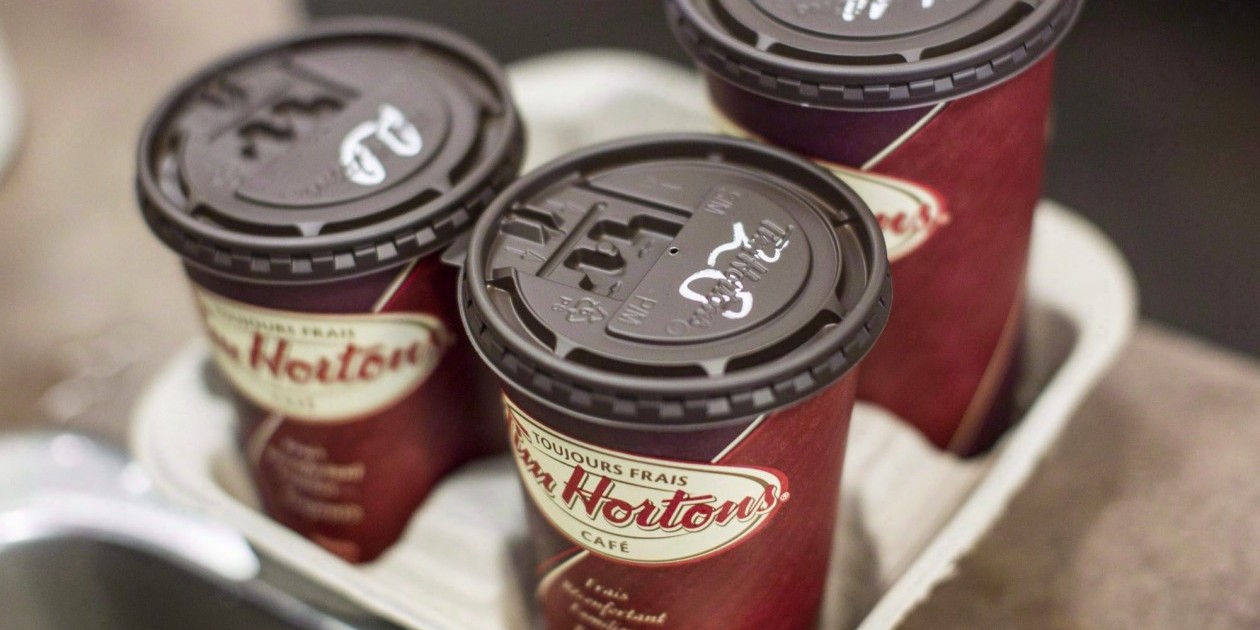Tim Hortons executives are laying the groundwork for a ramped up global expansion of the coffee chain with the help of a number of new franchise partners.
Over the coming quarters, Restaurant Brands International — owner of both Tim Hortons and Burger King — plans to identify companies that will help build the Canadian coffee brand into a bigger international presence.
Chief executive Daniel Schwartz said an announcement earlier this month of Tim Hortons’ partnership with U.S. developer Seven Invest was just a preview of what’s to come. Together, the two companies plan to open more than 150 Tim Hortons coffee shops in the Cincinnati area over the next decade.
“We think it will be the first of many such agreements that will allow us to really start stepping up the pace of growth,” Schwartz said in an interview Tuesday after Restaurant Brands reported its third-quarter financial results.
“It gives you an indication of the scale we want to get to in the U.S. and also the direction we’re going, moving into … markets where we already have a footprint, and doing so in an aggressive manner.”
Tim Hortons’ new owners, who acquired the chain and merged its operations with Burger King last year, promised more details on its international expansion once they got a better grasp on the potential.
But the U.S. market has historically delivered mixed results for Tim Hortons.
In 2010, the company pulled out of the northeastern U.S. — the first time in its history that it did so — closing stores in Providence, R.I., and Hartford, Conn., where average sales volumes were about half of those in other U.S. markets, the company said at the time.
Schwartz said he’s convinced his team can make their push into the U.S. more successful.
“We think that if we have the right partners with the right aggressive development schedule … this brand will flourish in the United States.”
On Tuesday, Restaurant Brands reported its profit grew to US$49.6 million in the third quarter, helped by new menu items.
The company said comparable results last year, if Tim Hortons and Burger King had already been merged, would have been $46.1 million net income.
Restaurant Brands had adjusted net income of US$162.7 million.
Revenue was US$1.02 billion, a decline from last year as currency fluctuation had a negative effect on Tim Hortons results.
Tim Hortons contributed US$737.7 million to overall revenue, down from US$834.1 million a year earlier — an 11.6% decline — mainly because of the impact of a weaker Canadian dollar. On a constant-currency basis, Tim Hortons revenue would have been up 6.3% from a year earlier.
At Burger King, quarterly revenue grew 11.2% to US$282 million from $278.9 million.
Executives say Tim Hortons doesn’t have any plans on funnelling the higher expenses down to customers with higher coffee prices in the near term.
“We are always looking at the input costs at restaurants to ensure our owners are earning a good return on their investment,” Schwartz said.
“But, we really have no plans to take any pricing on coffee any time soon.”











